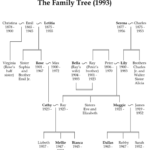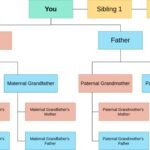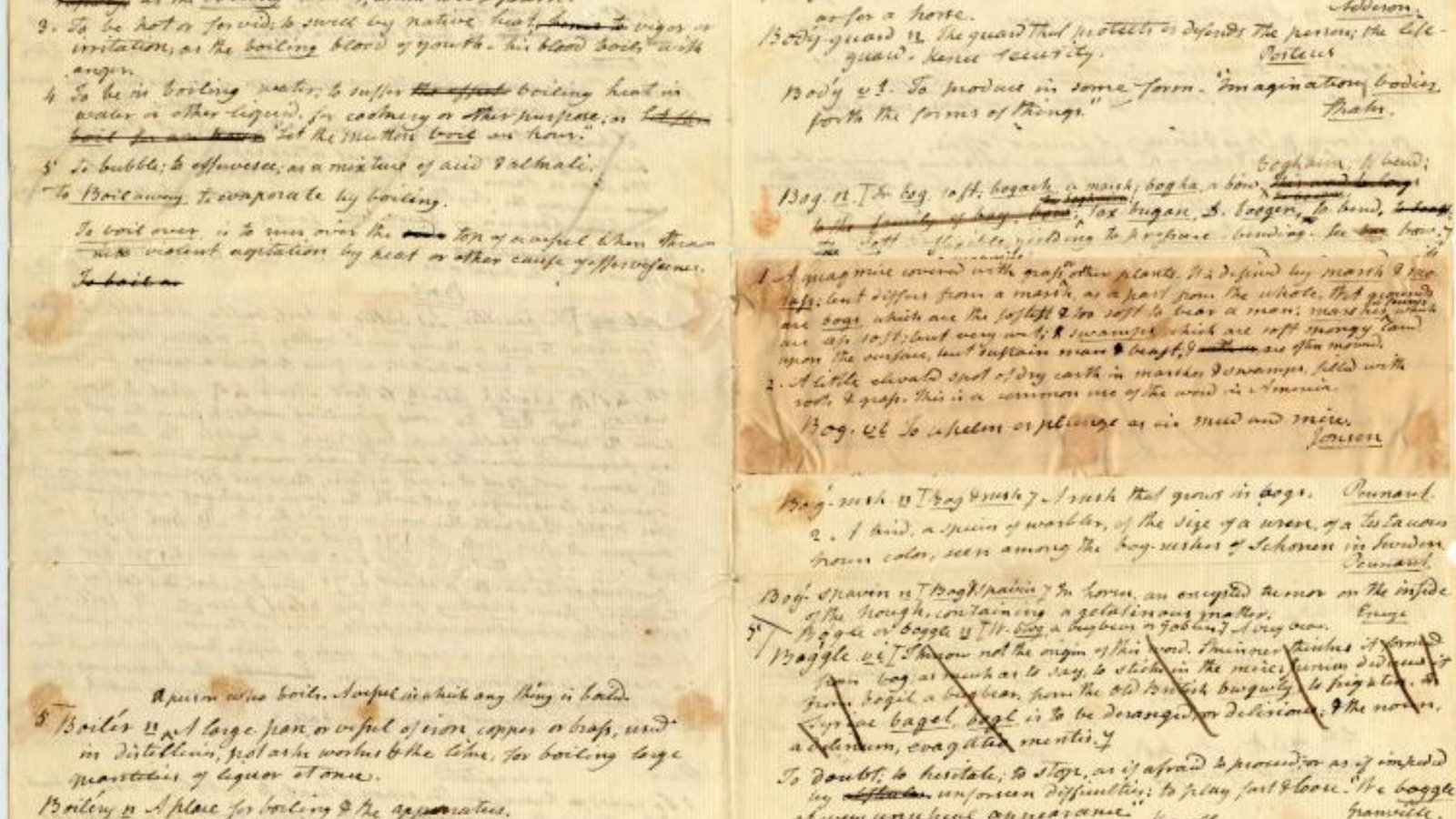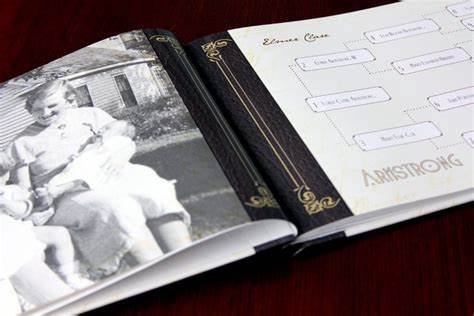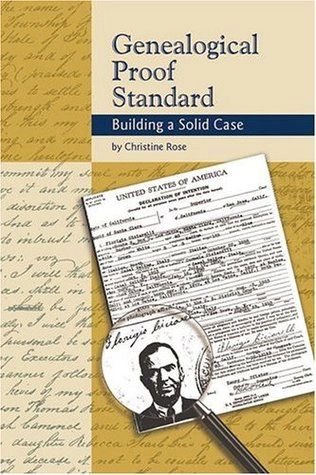Tracing your ancestors can be a thrilling yet challenging task. Luckily, tools like a genealogical dictionary can simplify this process. A genealogical dictionary is a specialized resource that provides key information about family names, places, and historical events, making it easier to trace your ancestors’ lineage. In this article, we’ll explore how a genealogical dictionary helps in tracing ancestors and why it’s an essential tool for anyone interested in family history.

What Is a Genealogical Dictionary?
Before we dive into how it helps, let’s define what a genealogical dictionary is. It’s a reference book or online resource that includes detailed information about individuals, families, and historical events. These dictionaries focus on helping you learn about your ancestors through surnames, places of origin, and important family connections.
Genealogical dictionaries may include a variety of facts, such as birth dates, marriage records, occupations, and sometimes even unique family stories or traditions. It’s a tool used by historians, researchers, and anyone who wants to trace their roots.
How a Genealogical Dictionary Helps in Tracing Ancestors
Now, let’s explore how this type of dictionary can assist you in your search for family history.
1. Organizing Family Information
One of the primary ways a genealogical dictionary helps in tracing ancestors is by organizing complex family information. These dictionaries are often arranged alphabetically, which makes it easy to find the names of your ancestors. By looking up surnames or specific family members, you can see where they were from, when they lived, and what important events they might have been involved in.
If you’re starting your research with little information, a genealogical dictionary helps you build a framework. For example, you may discover that your great-great-grandfather came from a specific region or that a certain surname is common in your family line.
2. Finding Family Connections
A genealogical dictionary doesn’t just provide information about one individual. It also helps you identify connections between different family members across generations. By searching for names of siblings, spouses, and children, you can start to see the broader family structure.
This is essential for building a family tree. Many genealogical dictionaries show relationships between family members, giving you clues about how your ancestors are linked to each other. Understanding these connections helps in tracing your lineage more accurately.
3. Discovering Historical Context
In addition to personal family information, a genealogical dictionary often includes important historical context. This might include details about the region where your ancestors lived, the social conditions at the time, or any significant events that may have affected your family.
For example, you may learn that your ancestors lived during a period of war or migration. This kind of historical insight can give you a deeper understanding of why your family moved from one place to another, or why certain names appear in your family history.
4. Clarifying Surnames and Family Origins
Genealogical dictionaries often have sections that explain the origins of surnames. If you’re unsure where a particular family name comes from or if it has any meaning, this resource can help. Some dictionaries even provide detailed descriptions of surnames based on their geographical or ethnic roots.
For instance, you might find out that a surname has links to a specific region or culture. This can guide you in researching even further, perhaps leading to new records, documents, or historical references that help in tracing your ancestors.
5. Providing Reference to Other Resources
Another way a genealogical dictionary helps in tracing ancestors is by providing references to other valuable resources. Often, these dictionaries don’t just stop with the information they provide. They include citations to books, articles, or archives where more detailed information can be found.
For example, after learning a little about your ancestor’s life in the dictionary, you might be referred to a local archive or church record where you can find more specific documents, like birth certificates, marriage licenses, or death records.
6. Saving Time and Reducing Errors
Researching family history can be a time-consuming process, and it’s easy to get lost in confusion or make mistakes. Genealogical dictionaries help by offering well-researched, organized, and verified information. This reduces the chances of pursuing false leads and saves time. Instead of chasing after unverified family rumors or unreliable sources, you can rely on the facts found in these dictionaries to move forward in your research with confidence.
How to Make the Most of a Genealogical Dictionary
To get the best results when tracing your ancestors, follow these tips:
- Start with what you know: Begin with your immediate family and build from there. Having a clear starting point makes your search easier.
- Look for patterns: As you search for names and places, look for repeated surnames or locations that could provide more clues.
- Use multiple resources: While genealogical dictionaries are excellent tools, don’t rely on them alone. Combine the information you find here with other resources like online databases and family records.
Conclusion
In conclusion, a genealogical dictionary is a powerful tool for anyone interested in tracing their ancestors. It helps by organizing family information, showing connections, and providing valuable historical context. It also reduces errors and guides you toward other important resources that will deepen your family history research.
By using a genealogical dictionary effectively, you can unlock the story of your ancestors and better understand your place in the family tree. Whether you’re just starting or already deep into your research, this resource will make your genealogical journey smoother and more rewarding.




